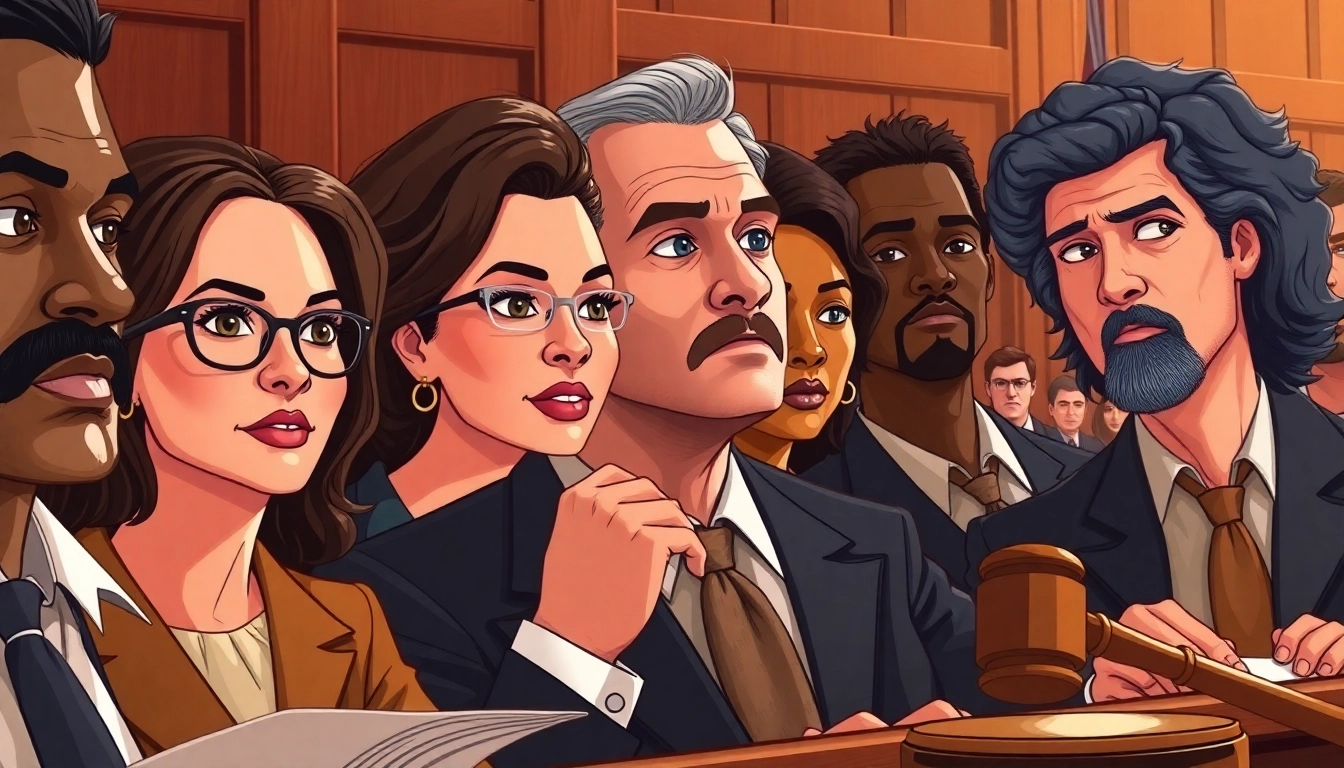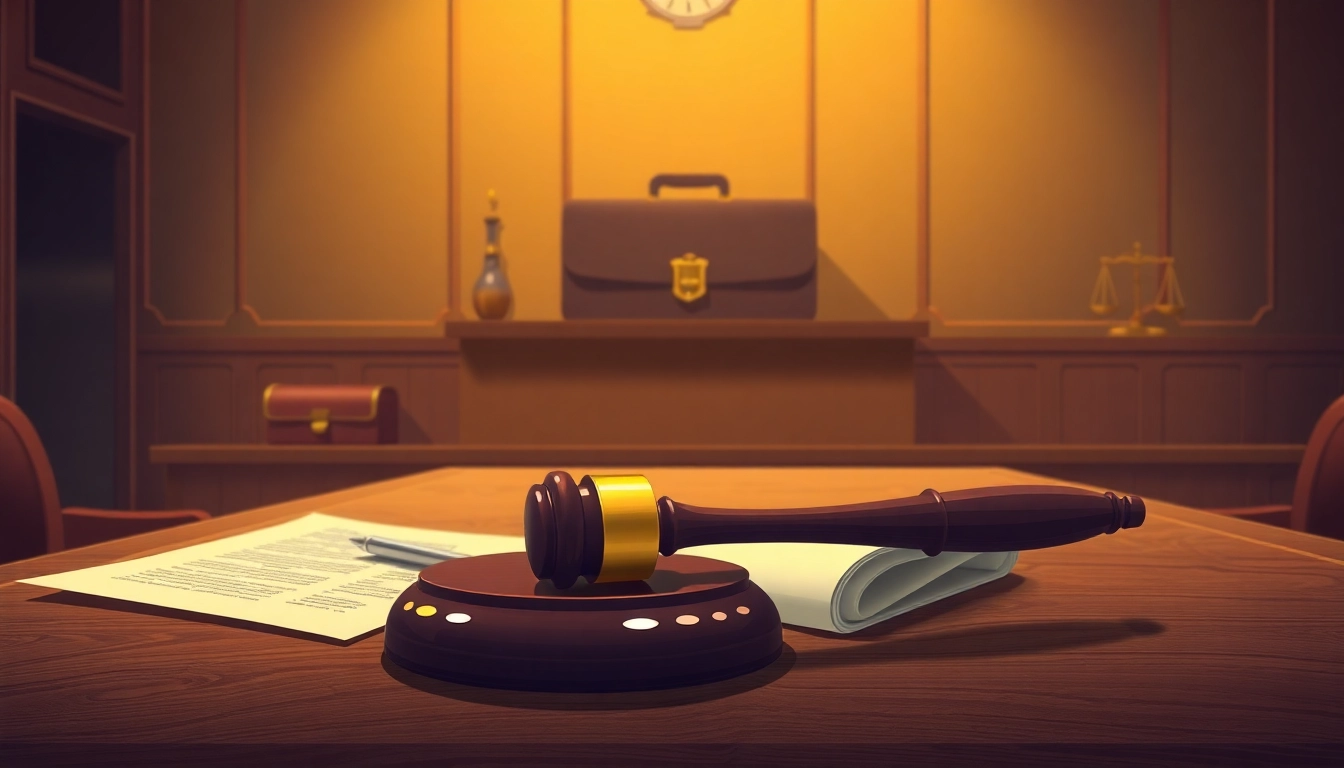Understanding SIRVA Injuries: Causes and Symptoms
What is SIRVA?
SIRVA, or Shoulder Injury Related to Vaccine Administration, is a condition that arises when a vaccine is improperly administered, leading to injury in the shoulder area. Although vaccines are essential for public health, the technique used in their delivery can significantly impact patient outcomes. When a vaccine is injected too high up in the shoulder or if the needle penetrates deeper than intended, it can result in damage to the nerves, muscles, and surrounding tissues. Individuals experiencing symptoms of SIRVA often find themselves in considerable discomfort and may face limitations in mobility.
Common Symptoms of SIRVA Injuries
The symptoms of SIRVA can vary, but common indicators include:
- Pain in the shoulder that worsens over time
- Inflammation and swelling around the injection site
- Weakness in the shoulder and arm
- Limited range of motion, making everyday activities difficult
- Persistent tingling or numbness that may radiate into the arm
These symptoms can lead to chronic conditions if not treated properly, underscoring the importance of recognizing them early.
How SIRVA Injuries Occur
SIRVA injuries commonly occur due to improper injection technique or anatomical complications. Key causes of SIRVA include:
- Improper Injection Technique: When the vaccine is injected too high in the shoulder, it can affect the deltoid muscle and the underlying structures.
- Overzealous Injection: Forcefully injecting the vaccine without considering the recipient’s anatomy can lead to nerve damage.
- Infection: Though rare, an injection may lead to an infection at or near the injection site, exacerbating symptoms.
Vigilance and adherence to proper vaccine administration protocols are crucial in preventing SIRVA injuries.
Importance of Hiring SIRVA Injury Attorneys
Why You Need Legal Expertise
Navigating the legal landscape surrounding SIRVA injuries can be daunting. A knowledgeable SIRVA injury attorney brings a deep understanding of personal injury law and the specific intricacies involved in vaccine administration lawsuits. These professionals can help ensure that your rights are protected while you seek fair compensation for your injuries.
What SIRVA Injury Attorneys Bring to Your Case
SIRVA injury attorneys possess numerous advantages that can significantly impact the outcome of your case:
- Expertise in Medical Cases: They understand how to link symptoms to vaccination improperly administered and can gather adequate medical evidence to support your claim.
- Negotiation Skills: Skilled attorneys can effectively negotiate settlements with insurance companies to secure the best outcomes for their clients.
- Access to Resources: They often have access to medical experts and other professionals who can bolster your case.
These elements of expertise are critical in establishing strong cases that stand up in court.
Potential Pitfalls Without Legal Representation
Attempting to navigate a SIRVA injury claim without legal counsel can expose you to several pitfalls, including:
- Underestimating Medical Bills: Without an attorney, you may not fully understand the extent of your medical bills and damages, which can lead to inadequate settlements.
- Filing Errors: Errors in paperwork can lead to delayed claims, rejections, or diminishment of your case.
- Missed Deadlines: Failing to file your case within appropriate timeframes can forfeit your right to compensation.
Legal representation helps to avoid these common pitfalls and navigate the complexities surrounding SIRVA injury claims.
Evaluating Your SIRVA Injury Case
Key Factors in Case Assessment
When evaluating your SIRVA injury case, several key factors come into play:
- Nature of the Injury: Assessing the severity of the shoulder injuries will be critical in determining compensation levels.
- Impact on Life: Lawyers will also consider how the injury affects your daily life, employment, and overall quality of living.
- Documentation: The strength of your documentation from medical professionals, including diagnosis and treatment records, is vital.
Each of these elements plays a crucial role in effectively framing your case for legal proceedings.
Determining Fault and Liability
Determining fault in SIRVA cases typically requires examining the following elements:
- Standard of Care: Establishing what a reasonable medical professional would consider an appropriate injection technique is essential.
- Deviation from Standard: Evidence must illustrate that the healthcare provider did not adhere to this standard, thus directly causing the injury.
- Negligence: Your SIRVA injury attorneys will identify if negligence can be established on the part of the administering professional.
Demonstrating negligence is crucial in winning compensation for the suffering and financial impacts resulting from a SIRVA injury.
Gathering Evidence for Your Claim
Gathering compelling evidence is vital for a successful SIRVA claim. Essential forms of evidence include:
- Medical Records: These should detail your diagnosis, treatments, and prognosis, aligning them with the timing of your vaccination.
- Witness Statements: Testimonies from individuals present during the vaccination process can support claims of mishandling.
- Expert Opinions: Consulting with medical experts to assess your injury can fortify your claim regarding proper injection techniques and outcomes.
An extensive collection of evidence can significantly bolster the integrity and potential success of your case.
The Legal Process for SIRVA Injury Claims
Filing Your Claim: Step-by-Step
The legal process for filing a SIRVA injury claim typically unfolds in several steps:
- Consultation with a SIRVA Injury Attorney: This initial meeting should involve discussing your case details and determining if you have a valid claim.
- Documentation Gathering: Collect all necessary documents, including medical records and evidence of negligence.
- Filing the Claim: Your attorney will file your claim with the appropriate court or insurer while ensuring compliance with all legal requirements.
- Negotiation: Once the claim is filed, negotiations may begin to reach a fair settlement.
- Trial (if necessary): If negotiations fail, your case may go to trial, where both parties present their evidence before a judge or jury.
Each of these steps is crucial in making your case strong and effective against potential challenges.
What to Expect in Court
If your case progresses to court, several factors will shape your experience:
- Presentation of Evidence: Both sides will present their evidence, with your attorney making a strong case for your claim.
- Witness Testimonies: Key witnesses may be called on to provide statements that bolster or refute allegations of negligence.
- Judgment: After hearing all arguments, the judge or jury will deliver a verdict determining the outcome of your claim.
Being informed about the court process can help you feel more prepared and confident heading into your case.
Challenges You Might Face
Throughout the legal journey of a SIRVA claim, you may encounter several challenges, including:
- Insurance Company Resistance: Insurers may frequently attempt to minimize their payout or even deny the claim altogether.
- Burden of Proof: Establishing liability and causation can take significant effort and clear evidence.
- Emotional Toll: The stress of litigation can affect mental and emotional well-being, complicating your recovery journey.
Your SIRVA injury attorney can help navigate these challenges, providing a buffer between you and the legal complications.
Finding the Right SIRVA Injury Attorney for Your Case
Qualities to Look For
Choosing the right attorney for your SIRVA injury case is a pivotal decision. Critical qualities to consider include:
- Experience with SIRVA Cases: Look for attorneys who specifically specialize in SIRVA cases or similar medical malpractice cases.
- Proven Track Record: Review their success rates in securing favorable settlements and verdicts for clients.
- Strong Communication Skills: An attorney should provide clear explanations and communicate effectively throughout the process.
These qualities can directly influence the level of care and attention your case receives.
Questions to Ask Potential Attorneys
When consulting potential attorneys, consider asking the following questions to evaluate their suitability:
- What experience do you have with SIRVA injuries?
- How do you structure your fees, and are there any additional costs I should be aware of?
- Can you provide references from previous clients?
- What is your approach to negotiation and trial?
The answers to these questions can offer insights into the attorney’s approach and compatibility with your needs.
How to Evaluate Attorney Performance
As your case progresses, it’s essential to evaluate your attorney’s performance by:
- Assessing their responsiveness and communication frequency: Are they keeping you informed?
- Reviewing the progress of your case regularly: Are they hitting case milestones on time?
- Looking at negotiation outcomes: Are they securing fair settlements or preparing for trial efficiently if needed?
Consistent evaluation will help you stay informed and involved in your case, ensuring your interests are prioritized.



